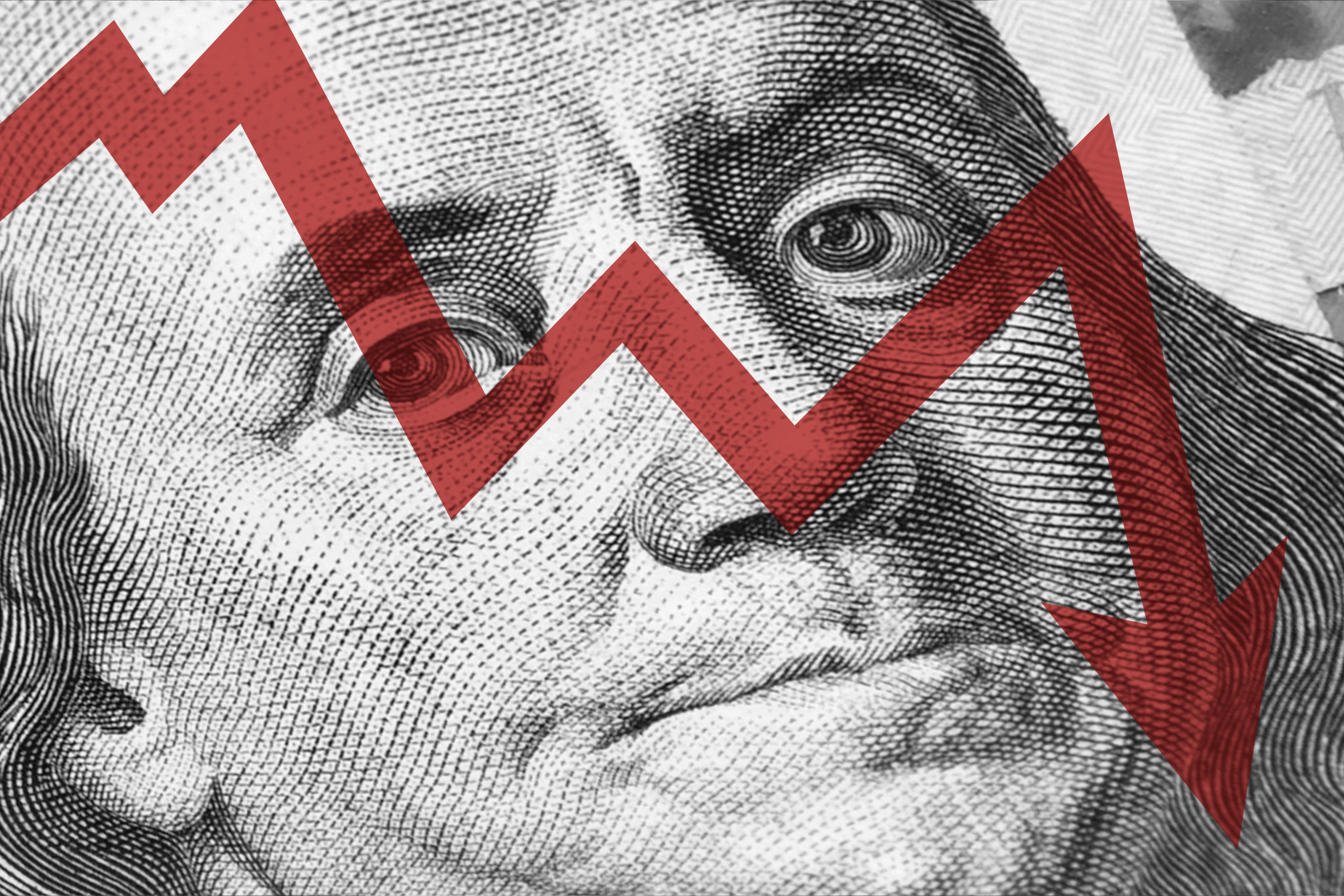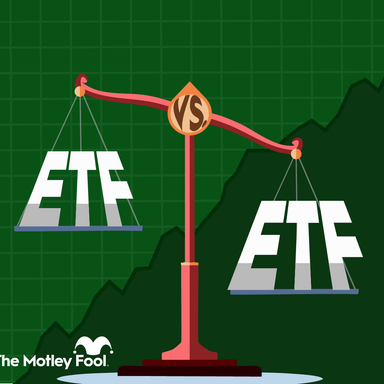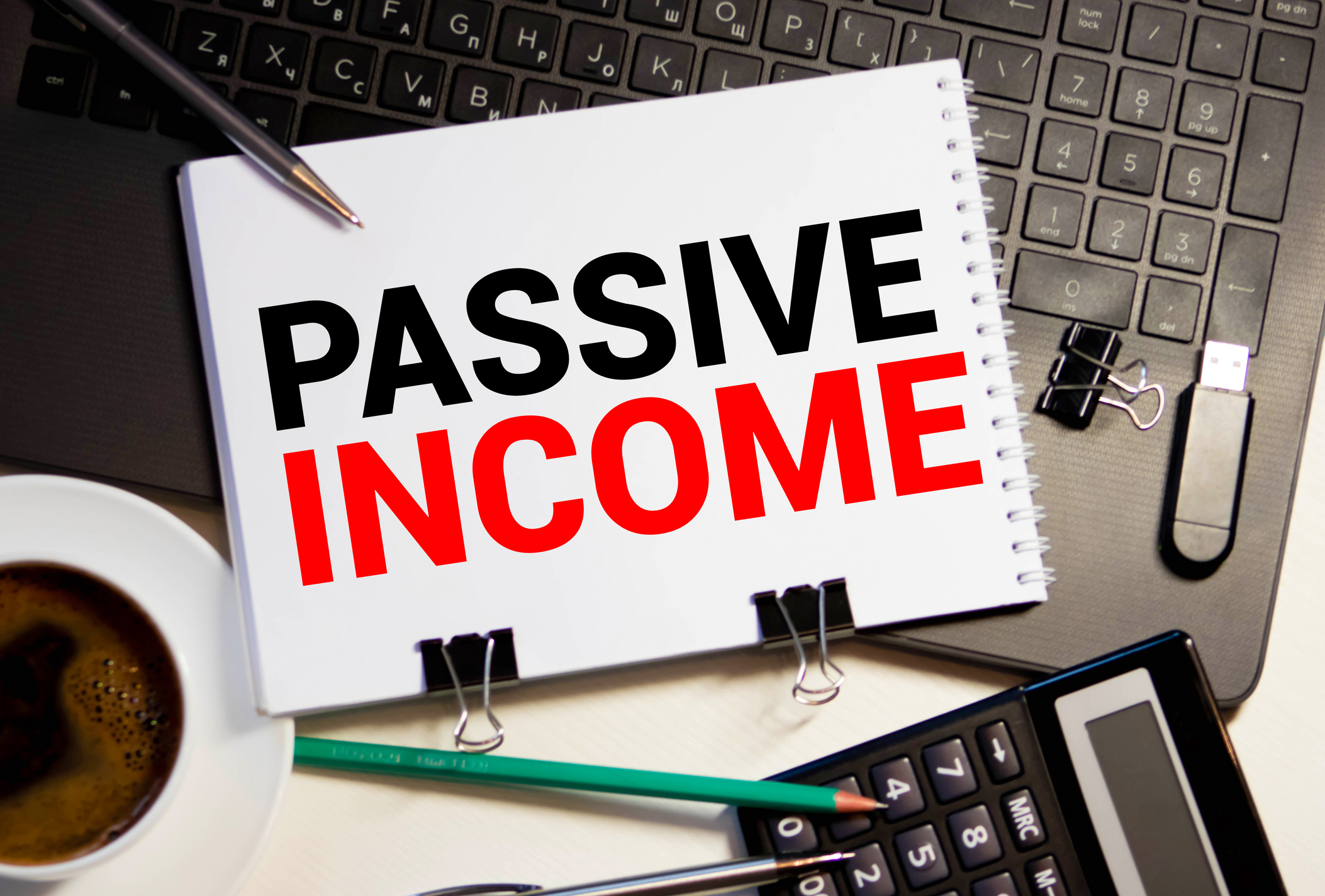Apple: Double Your Money? Fuggedaboutit… For Now

Ten years ago, ten thousand smackeroos into Apple? You’d be swimming in dough today, around $105,000! That’s enough to buy a small island… or a really nice collection of novelty hats. Apple’s been a growth machine, always finding something new to sell you. First it was iPods, then iPhones, then… well, you get the picture. Now, everyone’s talking about Artificial Intelligence. AI! The robots are coming! And they’re going to want iPhones, naturally.







